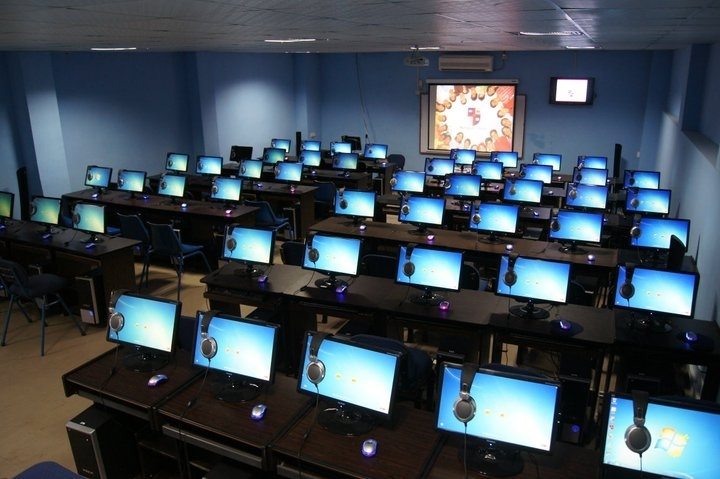Do we all mean different things when talking about online learning?
Just a few days ago I read about the Online Language Learning Challenge initiated by The Guardian. Its goal is to find out if it’s possible to learn languages purely through the use of online tools by discussing the topic with readers and experts. The Guardian author, Anna Codrea-Rado involved her Twitter followers and asked their opinion.Reactions to the question mainly lean in one direction. Most people have doubts that learning online would get you as far as being able to speak a new language fluently. But even though Codrea-Rado gave a great introduction into the topic in her article Can I successfully learn a language online? apparently there are many different understandings of what online learning actually means.
It’s not all just self-learning material
When asked about online learning the first thing that comes to people’s minds is self-learning material. No doubt there are great online platforms out there with really good concepts making grammar and vocabulary much easier and fun to learn and with the benefit of being accessible anytime anywhere. RosettaStone is one of the most popular examples but there are other providers doing a great job in helping their users to improve their language skills through different kinds of exercises, tasks and games. But you can obviously argue that learning a few phrases, words and structures with a computer program won’t make you a fluent speaker.Many argue that with learning online the human aspect of learning is missing. This is probably one of the main reasons why Massive Open Online Courses (MOOC) have in recent years become increasingly popular on the internet and the offerings are vast. Universities especially have become fond of just publishing their lectures online for everyone to follow either live or later as a recorded podcast. On more and more platforms you’ll now find lessons and often even for free. Popular examples are Coursera or Open Education Europa. And here learning takes place involving real human beings on both ends of the connection.
Online Learning can be personal
One big problem MOOCs are facing though is that the human interaction is missing. But alternative solutions are available. With italki and other services you can just book your own tutor online that will help you to understand the language better and make real conversations possible. The Finnish startup Skilltize choose the path of offering personal lessons with certified language teachers and further more offering small language group courses for up to six participants hosted online in a live virtual classroom.Obviously in all these cases we are referring to online language learning. So what are we actually talking about when we use the term online learning? Isn’t it just referring to a different and more modern way of providing the same content to learners? Has the teaching and learning itself really changed that much? How can we say that online language learning with live participants doesn’t really work when on the other hand we’re certain that in a real classroom with books, blackboard, a projector, pen and paper it does?
A problem of definition
The problem rather is one of definition. What do people actually mean when they refer to online learning? Do they really see the whole picture? Do they see how all those different tools combined can create a learning environment that can convey the same and possibly even more knowledge to the learner? Or do they possibly just associate the term with language learning software they bought ten years ago for their PC? Online language learning has a great potential and obviously there are lots of useful tools out there that can help you learn a language better. Combining them can make language learning easier that is has ever been.Not to forget that for many people online learning may well be the only possible way of learning a new language at all. There are people that don’t have easy access to a real classroom or school.You can of course always argue that language learning is not just about learning grammar and words but actually about conversations between people in an authentic environment. But can traditional classroom teaching claim that? I think not. Of course to learn a language properly you have to interact with the people, preferably in a country where it is spoken. But it takes a lot of time, effort and resources before you get to that level. And online language learning used in a clever way may well provide you exactly the right tools to get there.









